Researchers at Elon University conducted an extensive study, surveying hundreds of technology experts to find out the potential impact of AI on humanity. The answers came with a grim warning: Many technology experts worry that AI will make basic skills like empathy and deep thinking worse.
The report, titled "The Future of Humanity," is nearly 300 pages long and was released on April 4. It features analysis from 301 technology leaders, including Vint Cerf, one of the "fathers of the Internet" and currently a Vice President of Google.
In an essay for Elon University, futurist John Smart worries that while a small group of people will increasingly benefit from AI tools, most people will give up autonomy, creativity, decision-making, and other important skills to imperfect AI.

The race to develop AI is currently attracting billions of dollars of investment from large corporations such as Google, Microsoft and Meta, with the goal of creating “AI agents” capable of replacing humans in many tasks. However, the Elon University report questions whether the promise of AI freeing people from mundane tasks to focus on creativity is really coming true. Recent research from Microsoft and Carnegie Mellon University also suggests that the use of generative AI tools may degrade people’s critical thinking skills.
More than 60% of experts surveyed predict that AI will change human capabilities in a “profound and meaningful” or “fundamental, revolutionary” way over the next decade. However, only 16% believe the changes will be mostly positive, while 23% predict negative impacts will dominate, with the rest saying the benefits and risks are equal.
Survey respondents also predicted that 12 qualities such as EQ, empathy, moral judgment and mental health will be significantly negatively affected by 2035 if humans increasingly rely on AI to solve personal and social problems.

In an interview with CNN, Vint Cert said that humans will soon rely on “AI agents” to do everything from taking notes in meetings to ordering dinner, negotiating contracts, and programming. But while they will save people time and energy, he worries that they will become dependent on AI, even though the systems are fallible. He also called for transparency in AI development, including building “audit trails” to find and correct AI errors.
Meanwhile, Tracey Follows, CEO of Futuremade, predicts that AI will not only stop at chatbots on screens but also integrate into everyday life through wearables and living spaces.
However, she worries that humans could entrust even humanistic actions, such as empathy or emotional support, to AI. “People could form emotional attachments to AI characters, raising concerns about whether real relationships will be replaced by more controllable digital connections,” Follows writes.
Still, the report notes some positive prospects. Experts expect AI to foster curiosity and the ability to learn, make decisions, and think creatively. Current AI tools have shown potential in creating art or solving programming problems, while opening up new types of jobs in the future.
Given the changes that AI brings, experts emphasize that there is still time to orient this technology in a positive direction through regulations, digital “illiteracy” and, most simply, prioritizing human relationships.
(According to CNN)
Source: https://vietnamnet.vn/cha-de-internet-lo-ngai-con-nguoi-qua-phu-thuoc-ai-2387979.html









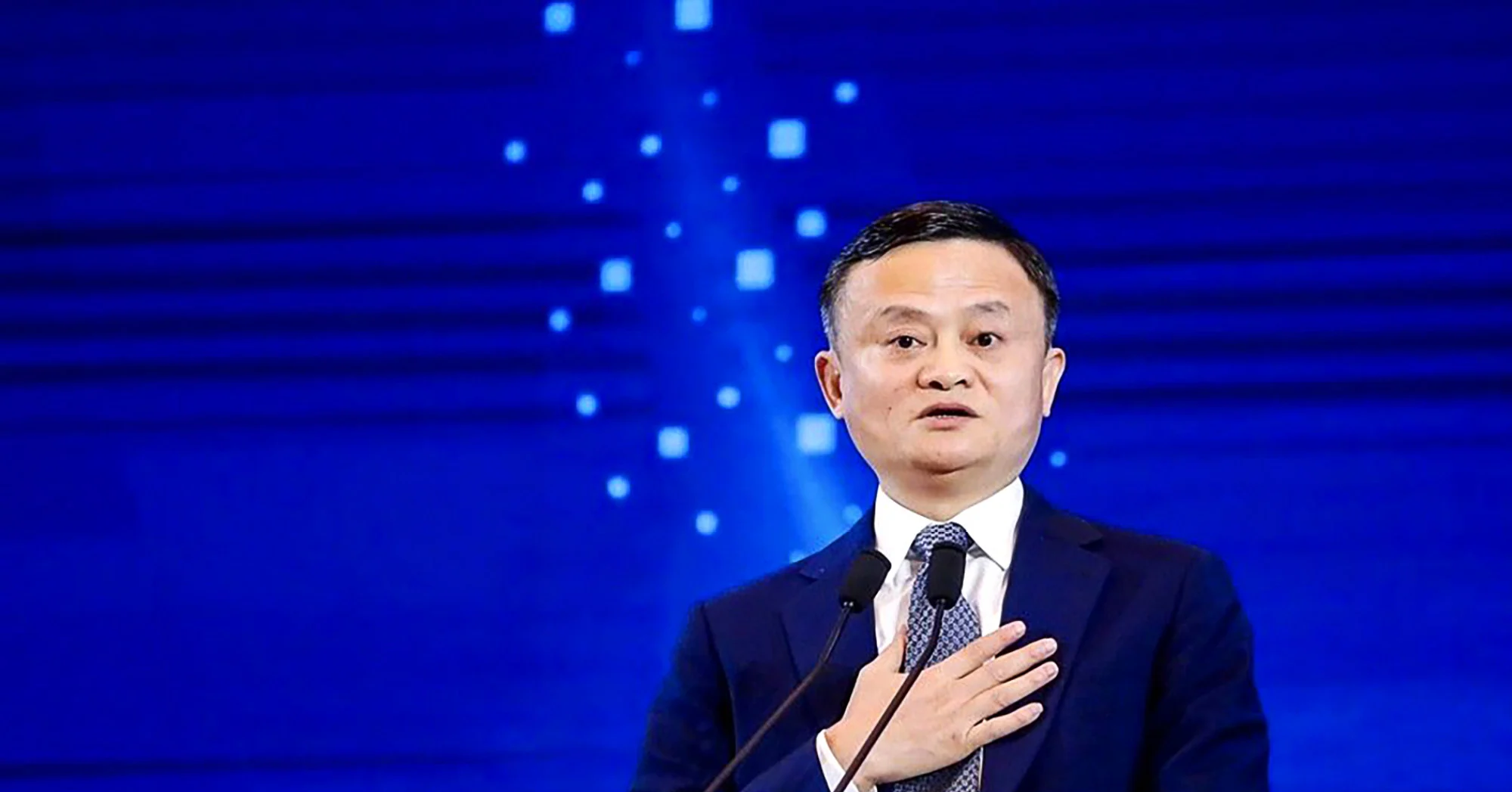
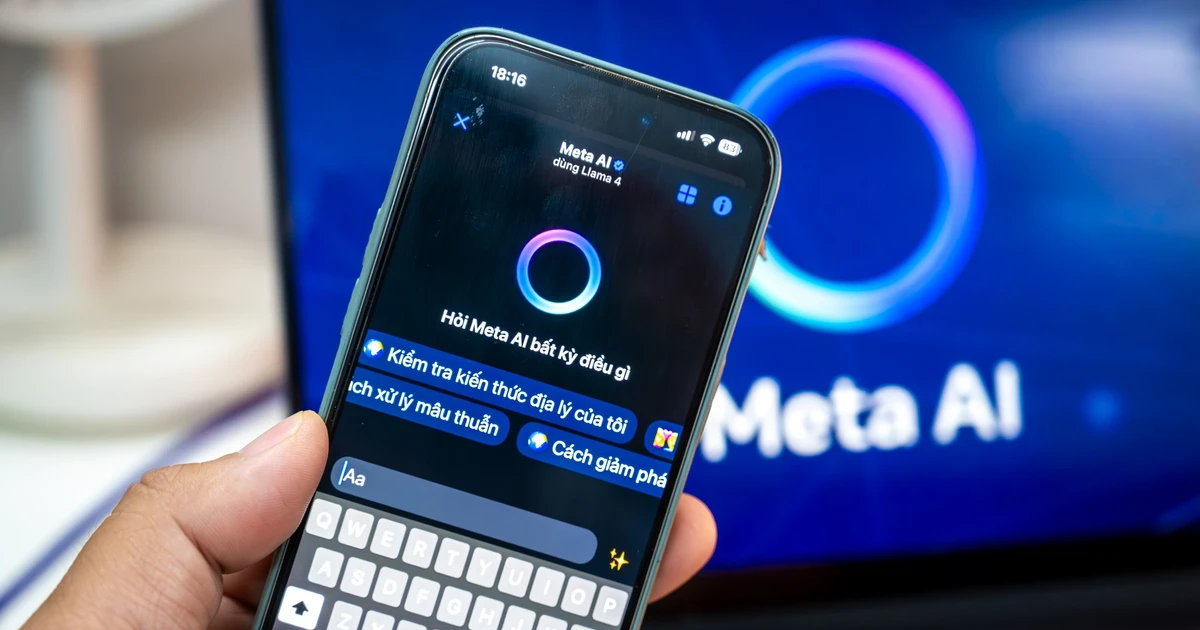






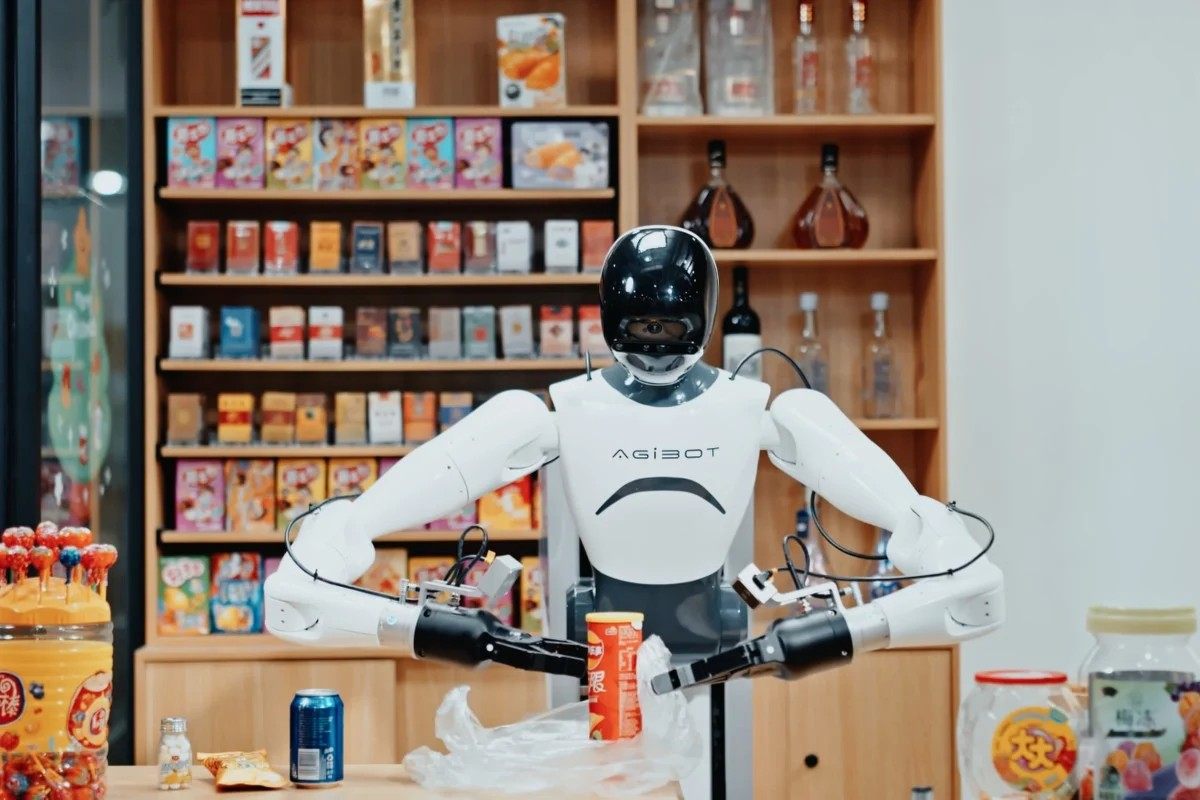
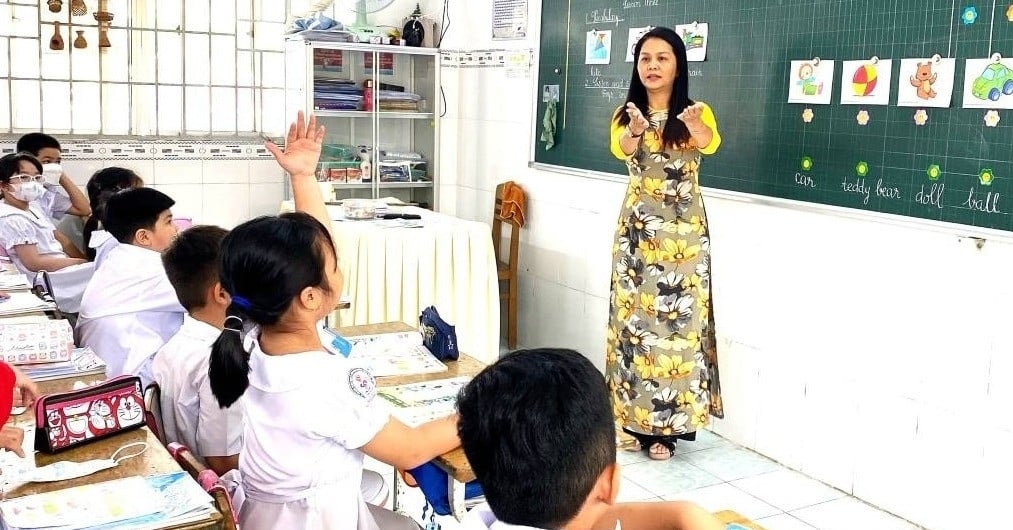

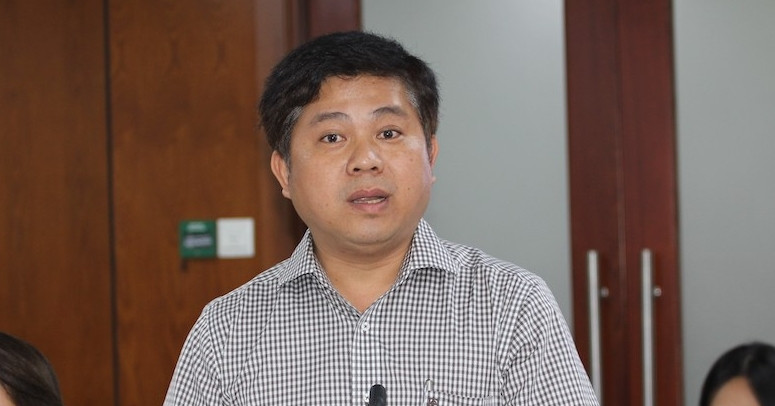
![[Photo] "Beauties" participate in the parade rehearsal at Bien Hoa airport](https://vstatic.vietnam.vn/vietnam/resource/IMAGE/2025/4/11/155502af3384431e918de0e2e585d13a)



















































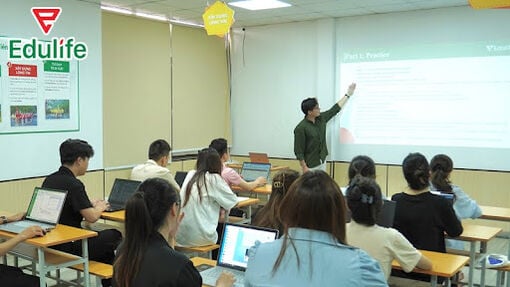












Comment (0)